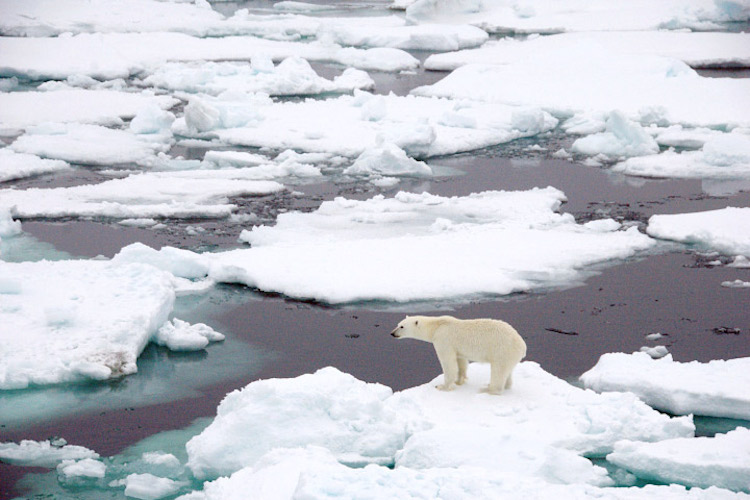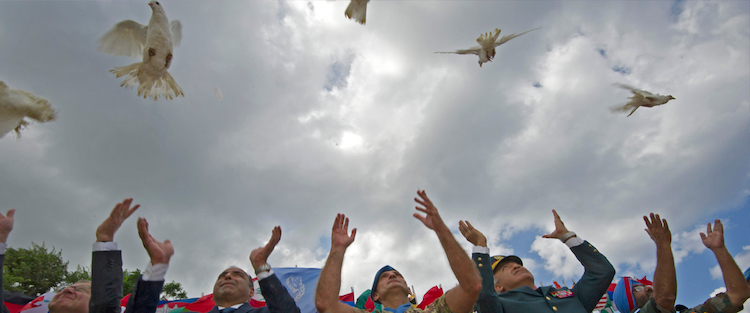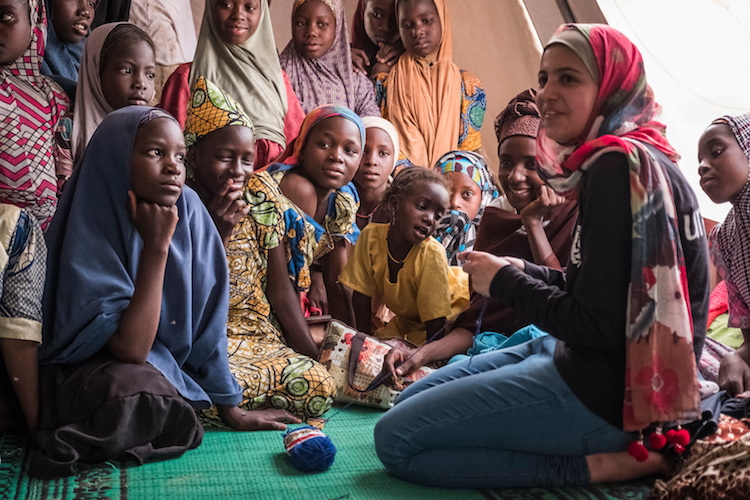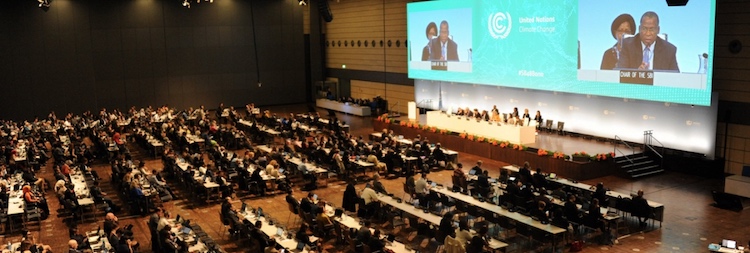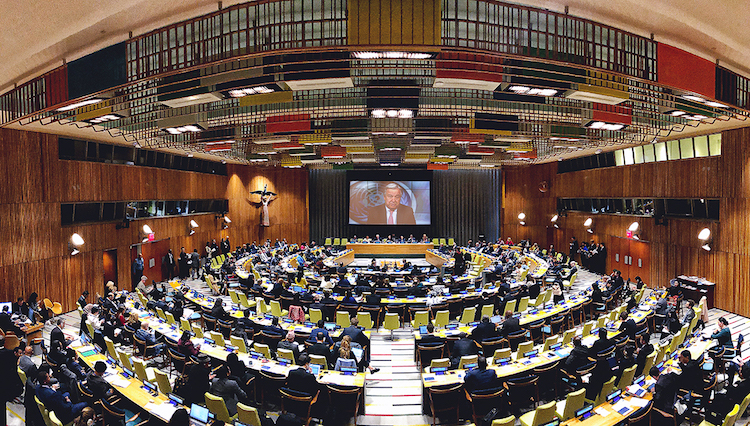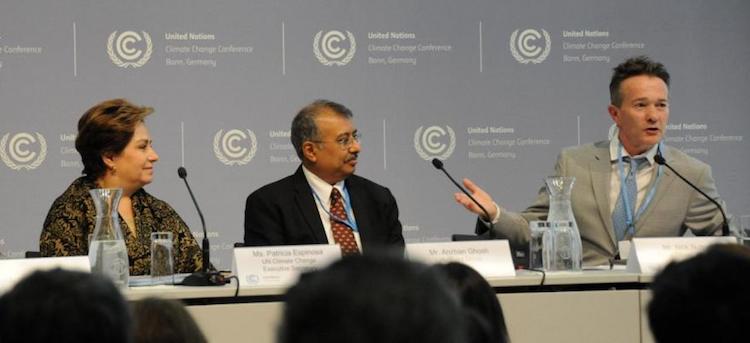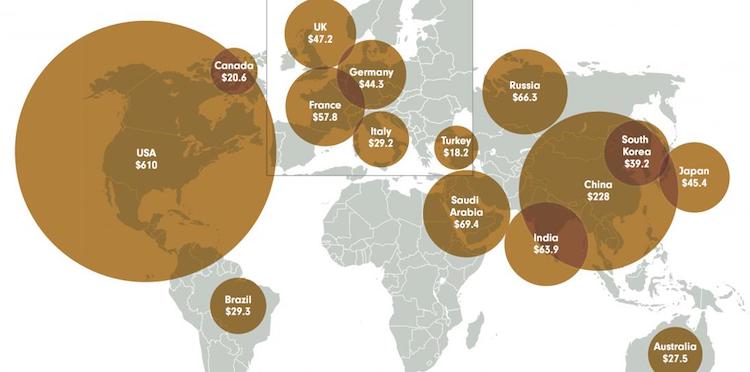Viewpoint by Franz Baumann This article is based on Talk given to the UN Association of New York 23 May 2018. Dr. Franz Baumann joined the UN Development Program in 1980 and began working in the UN Secretariat in 1985. He retired in 2015 as an assistant secretary-general, special adviser on environment and peace operations, […]
Call for Equal Citizenship Rights as Gateway to Peace
By Jamshed Baruah GENEVA (IDN) – The Geneva Centre for Human Rights Advancement and Global Dialogue, Dr. Hanif Hassan Ali Al Qassim, has called upon societies worldwide to embrace models of equal citizenship and to harness the collective energy of religions, creeds and value-systems in the pursuit of equal citizenship rights. The Geneva Centre chairman Dr. […]
Africa Committed To Gender Equality, Women’s Empowerment
By Jeffrey Moyo JOHANNESBURG (IDN) – Twenty-nine year old Ruramai Gwata had no reason to celebrate the International Women’s Day observed on March 8 every year. She lay in hospital nursing her wounds following a severe assault by her husband over a domestic dispute. While licking her wounds two months later, as the world commemorated […]
The Road to Climate Summit in Poland Leads Through Bangkok
By Jaya Ramachandran BONN (IDN) – Since the climate negotiations in Bonn failed to pave the way for a successful United Nations climate summit COP24 in Poland in December, an extra round is being convened from September 3-8 in Bangkok. Commenting the negotiations in Bonn, concluded on May 10, the Least Developed Countries (LDC) Group […]
Finance for Development Should Focus on Poverty Eradication
By Sahar Nasr, on Behalf of the Group of 77 and China Following are extensive excerpts from the Statement on behalf of the Group of 77 and China by Ms. Sahar Nasr, Minister of Investment and International Cooperation of Egypt, at the general debate of the Forum on Financing for Development Follow-up on the follow-up […]
UN Predicts Loss Of $43 Trillion Through Land Degradation
By Jutta Wolf BERLIN | BONN (IDN) – Land degradation has reached staggering proportions. If the current pace continues unabated, a gargantuan amount of $43,000,000,000,000 ($43 trillion) will be lost to the world economy by the year 2050, warns the United Nations Convention to Combat Desertification (UNCCD). But the anticipated colossal loss can be avoided […]
UN Climate Talks Show Business Support For Paris Agreement
By Jaya Ramachandran BONN (IDN) – Over 700 leading businesses around the world, together representing 2.62 gigatons of emissions equivalent to the total annual emissions of India, have made strategic climate commitments through the ‘We Mean Business’ coalition’s Take Action campaign. Organizers of the Global Climate Action Summit (GCAS) to be held in San Francisco […]
Parliament Moves To Block UK As Safe Haven For Dirty Money
By Robert Johnson LONDON (IDN) – An estimated $21 to $32 trillion of private financial wealth is located, untaxed or lightly taxed, in secrecy jurisdictions around the world as the Financial Secrecy Index names tax havens, which play a key role in facilitating the illicit flow of money across borders. “Corruption, bribery, theft and tax […]
Young People Head SDG Publicity in Iceland
By Lowana Veal REYKJAVIK (IDN) – Iceland has decided to spearhead publicity for the Sustainable Development Goals (SDGs) by setting up a 12-person council of young people aged between 13 and 18, under the auspices of the Prime Minister’s Office (PMO). Over 140 young people applied for the 12 places and, according to Nilsina Larsen […]
U.S.-Led NATO Tops Global Military Expenditure Of $1.7 Trillion
By Ramesh Jaura BERLIN | STOCKHOLM (IDN) – Countries around the world are increasing their military expenditure. While the 29 NATO members together account for 52 per cent of world spending and the United States continues to have the highest military expenditure among them, China, India and Saudi Arabia are contributing the lion’s share of the […]

